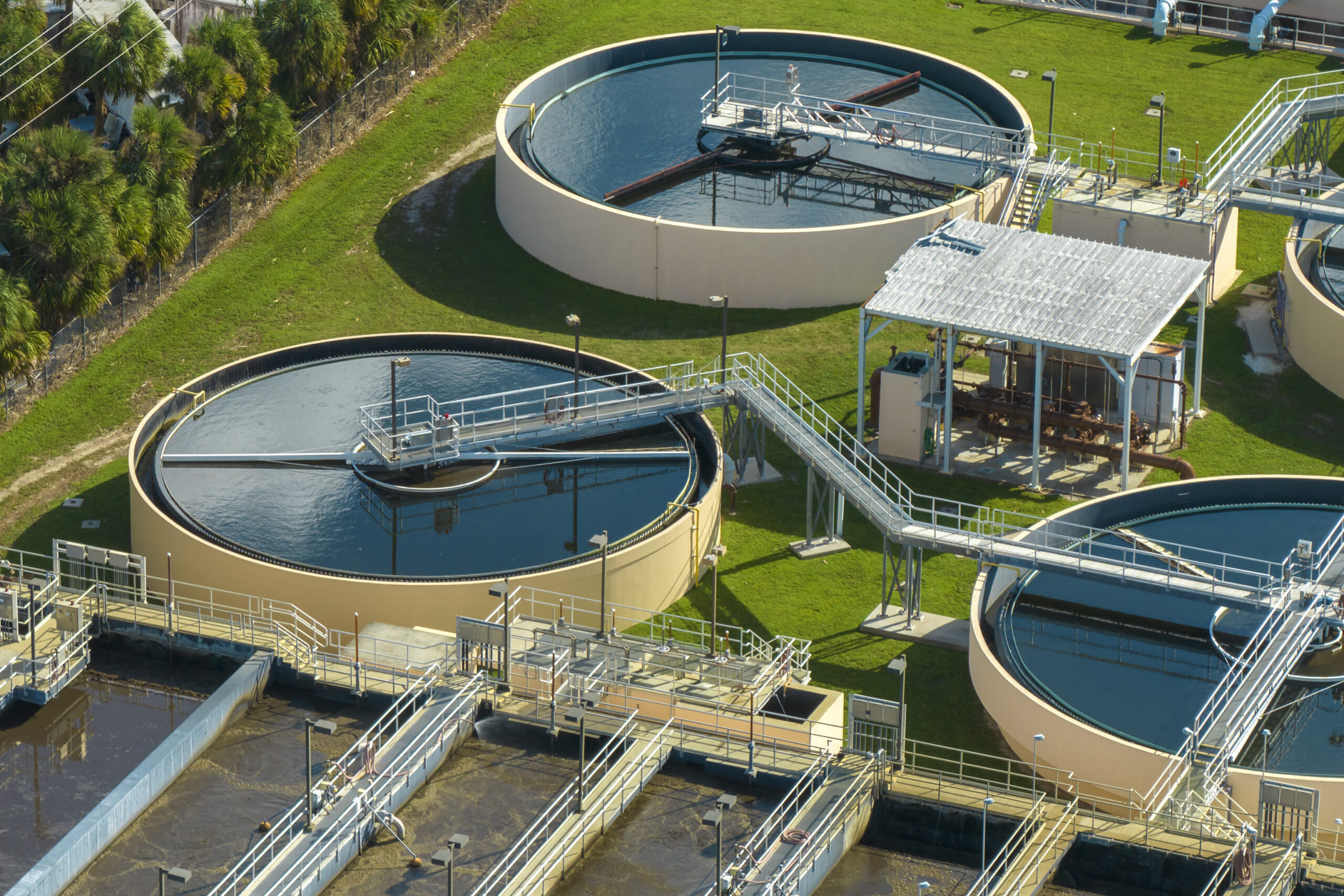Water is a fundamental resource in industrial processes, serving as a crucial component in everything from cooling systems to product formulation. However, the quality of water used in industrial settings is essential not only for operational efficiency but also for environmental safety. Without proper treatment, industrial water can become a source of pollution, leading to severe ecological damage and health risks. This article explores the integral role of water treatment in industrial processes and its importance in safeguarding environmental safety.
1. Importance of Water in Industrial Processes
Water is utilized in various industrial processes, including cooling, heating, and as a solvent in manufacturing. In many industries, such as pharmaceuticals, food and beverage, and chemicals, the quality of water directly impacts product quality and operational efficiency. For instance, in the pharmaceutical industry, water must meet stringent purity standards to avoid contamination of drugs. Similarly, in the food and beverage sector, clean water is essential for maintaining product safety and quality.
2. Water Purification Technologies
To ensure that water meets the necessary quality standards, industries employ a range of water filtration technologies. These technologies vary depending on the specific needs of the industry and the characteristics of the water being treated. Key water quality improvement methods include:
– Filtration: Removes particulate matter from water, such as sediments, sand, and debris. Filtration systems can be simple, like sand filters, or more complex, such as membrane filtration systems.
– Chemical Treatment: Involves adding chemicals to water to remove contaminants. Common chemical treatments include coagulation, flocculation, and disinfection using chlorine or ozone.
– Biological Treatment: Utilizes microorganisms to break down organic pollutants in water. This method is often used in wastewater conditioning plants to treat industrial effluents before discharge.
– Reverse Osmosis (RO) is a filtration method that uses a semipermeable membrane to eliminate molecules, ions, and larger particles from water. It is highly effective for producing high-purity water.
– Distillation involves boiling water to produce steam, which is then condensed back into liquid form. This method is effective for removing salts and other impurities.
3. Regulatory Compliance and Standards
Industries must adhere to various regulations and standards governing water quality and discharge. These regulations ensure that water used in industrial processes does not harm human health or the environment. Compliance with standards such as those set by the Environmental Protection Agency (EPA) or the European Union’s Water Framework Directive (WFD) is essential for avoiding legal penalties and maintaining a positive reputation.
Regulatory compliance often requires industries to conduct regular water quality testing and maintain detailed records of water refinement processes. These measures help ensure that water used and discharged from industrial facilities meets safety and environmental standards.
4. Environmental Impact of Poor Water Management
Inadequate water processing and management can lead to significant environmental issues. Contaminated industrial effluents can pollute rivers, lakes, and oceans, harming aquatic life and disrupting ecosystems. For example, heavy metals and toxic chemicals from industrial discharges can accumulate in water bodies, leading to long-term ecological damage and health risks for communities relying on these water sources.
Additionally, poor water management can contribute to water scarcity by depleting local water resources. Industries that fail to implement effective water conservation practices can exacerbate water shortages, affecting both the environment and local populations.
5. Advances in Water Filtration for Sustainability
The growing emphasis on sustainability has driven advancements in Water Quality Improvement technologies. Innovations such as zero-liquid discharge (ZLD) systems aim to minimize waste by recycling and reusing water within industrial processes. ZLD systems help reduce the environmental footprint of industrial operations by ensuring that all water is treated and reused rather than discharged.
Other advancements include the development of more efficient and cost-effective water management, such as advanced oxidation processes (AOPs) and nanotechnology. These technologies offer enhanced capabilities for removing contaminants and improving water quality, contributing to more sustainable industrial practices.
Water treatment plays a pivotal role in industrial processes, ensuring that water quality meets operational and environmental standards. By employing various treatment technologies and adhering to regulatory requirements, industries can prevent pollution, protect ecosystems, and contribute to sustainable water management. As technology continues to advance, the future of water purification in industrial settings promises even greater efficiency and environmental protection, supporting both industrial growth and ecological preservation.
Discover how Craig’s Plumbing can enhance your water treatment with sustainable practices. Reduce environmental impact and improve efficiency. Contact us today for expert solutions!



